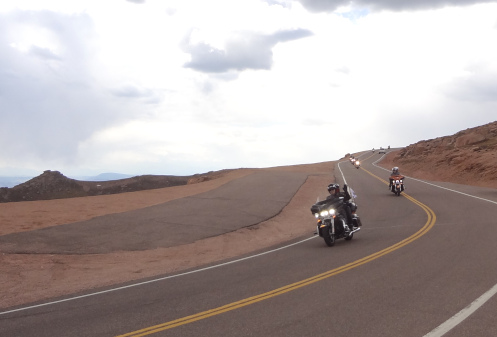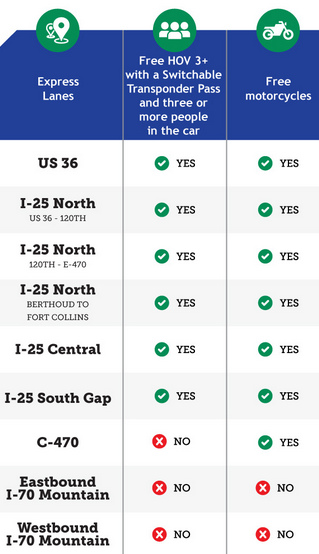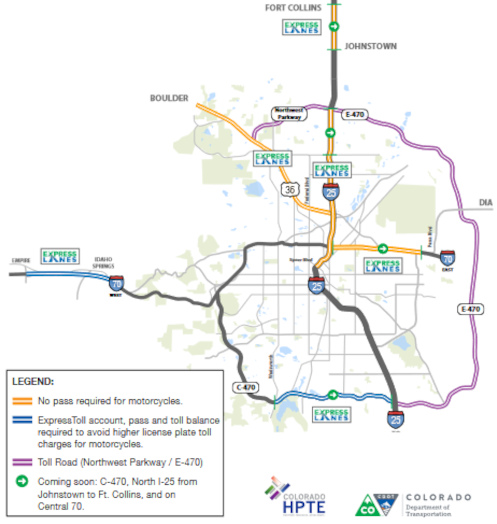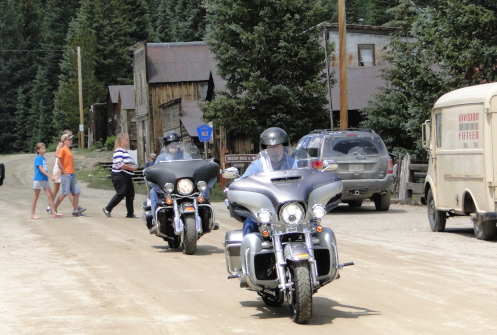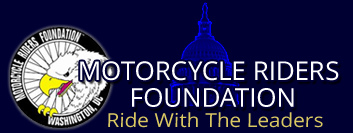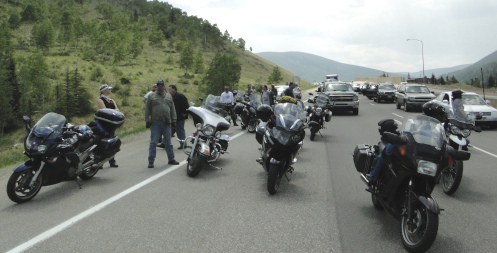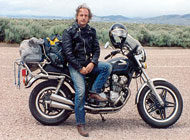Bits Of Motorcycle News
Monday, February 28th, 2022Now is the time to be contacting your legislators about the bill to classify auto-cycles as separate and different than motorcycles. Here’s a note from Stump, the ABATE of Colorado legislative liaison.
Just found out HB22-1043 (Definition of a Motorcycle) has been assigned to the S-T&E Committee. Now would be the time to urge the committee members to pass this bill. Below is their email contact information. Sen. Hisey is on the S-T&E committee also, but since he is the Senate Sponsor, you don’t have to email him.
Faith Winter faith.winter.senate@state.co.us (Chairwoman)
Brittany Petterson brittany.pettersen.senate@state.co.us (Vice-Chair)
Don Coram don.coram.senate@state.co.us
Kerry Donovan kerry.donovan.senate@state.co.us
Ray Scott ray.scott.senate@state.co.us
Rachel Zenzinger senatorrachelz@gmail.comThe email can be as simple as, “I urge you to pass HB22-1043” or you can elaborate as to why this should be passed (true and accurate crash data with autocycles having their own classification).
Ukraine
Going a bit farther afield than I normally do, there was an item out of Ukraine that caught my eye. Considering the propaganda that all sides in war put out I take this with a grain of salt but here it is.
“Russian invaders, facing the total resistance of Ukrainian defenders, surrender themselves to captivity. Under Chernihiv, a whole intelligence unit of 74 motorcycle rifle brigade surrendered,” the CinC AF stated, adding that the Russian soldiers “thought they would return home” and that they were “collecting information” instead of fighting.
During a press briefing, Ukraine Ambassador Markarova also told reporters that a platoon of the Russian 74th Motorized Rifle Brigade surrendered to Ukrainian forces.
“Just before I came here, we got information from our chief commander that one of the platoons of the 74th motorized brigade…surrendered, also noting that they didn’t know that they were brought to Ukraine to kill Ukrainians. That they thought they were doing something else there,” she explained.
So if it’s really true, hooray for the Russian motorcycle platoon. I will note a discrepancy you may also have noticed. First that report refers to “a whole intelligence unit of 74 motorcycle rifle brigade” and later they say “a platoon of the Russian 74th Motorized Rifle Brigade.” So I suspect it wasn’t 74 soldiers, but that their unit was designated the 74th. But there hasn’t been any more mention that I’ve seen of the situation so who knows what the facts are. Just for the record I want to say Go Ukrainians, kick some Russian butt.
PIMS
Plus, it appears the Progressive IMS Outdoors motorcycle show will be coming to Colorado this year after all. It is now scheduled for June 17-19 in Loveland at the Ranch events center east of the highway there. I’m definitely going to be going.
Biker Quote for Today
You might be a Yuppie biker if if you don’t ride your bike to work because it scuffs your penny loafers.

